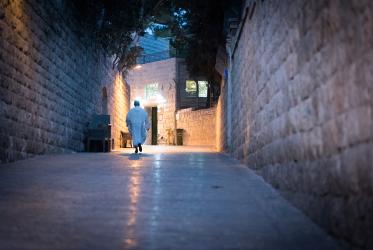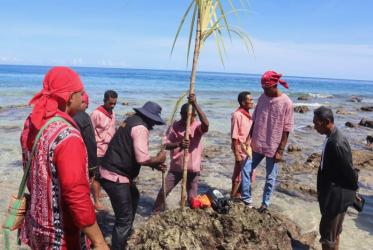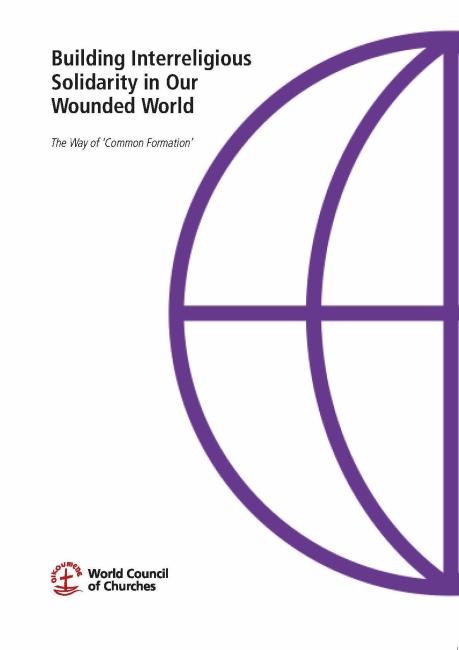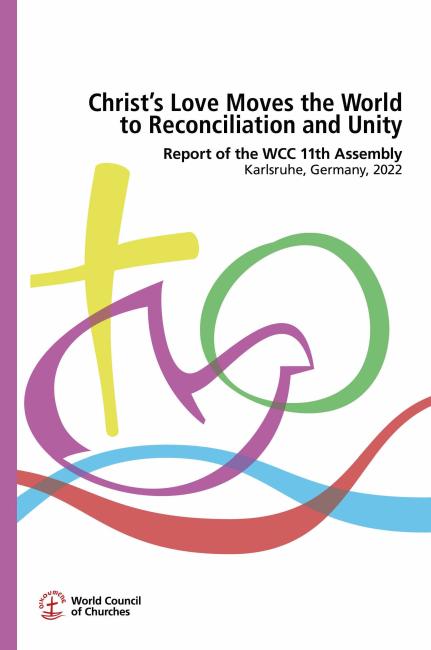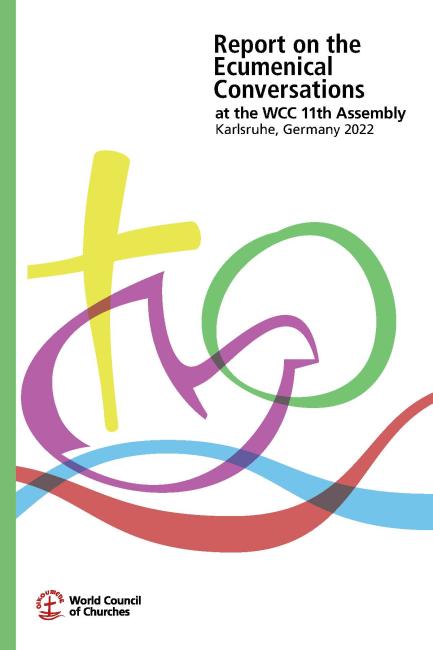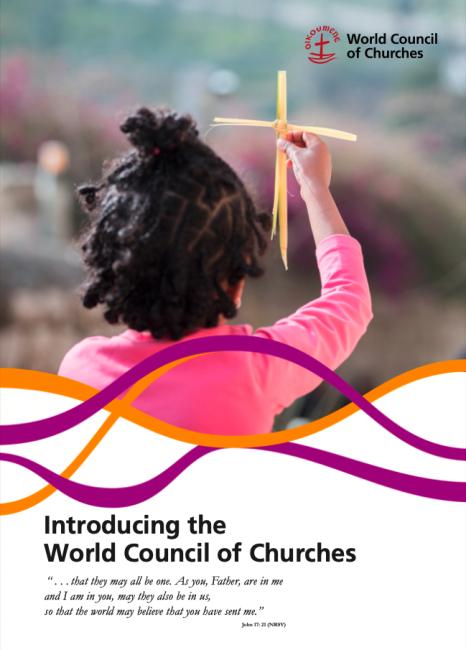Displaying 21 - 40 of 229
Ecumenical delegation visits Armenia
19 September 2023
Ecumenical International Youth Day 2023 Toolkit
Young People and Their Voices from the Warzones
26 July 2023
Introducing the World Council of Churches
21 April 2023
The Future of Mission Cooperation
The Living Legacy of the International Missionary Council
24 March 2023
HIV and AIDS Civil Society Networks and the Faith Sector
Lessons Learnt from Strategic Engagement in India, Dominican Republic, Indonesia, and Jamaica
31 January 2023
As Bethlehem prepares for Christmas, ‘it’s all about community’
08 December 2022


